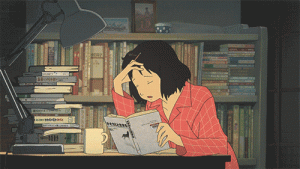
For some people, the best way to help sleep in the world is not to listen to soothing music or take sleeping pills, but to “pick up a book and start reading.”
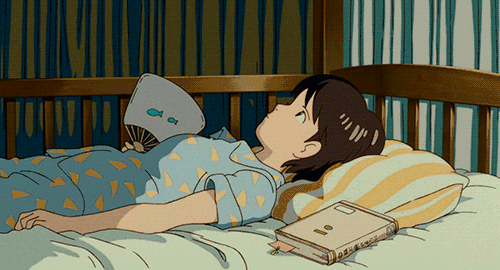
In fact, reading sleepiness is also divided into situations: when reading textbooks or classics, I yawn without reading a few pages; but when reading novels and comics, I can go all night long.
Why do people get sleepy when they read a book? Why are the “hypnotic effects” of different books so different? How can I overcome sleepiness and fall in love with reading?
Where does the “hypnotic effect” of reading come from
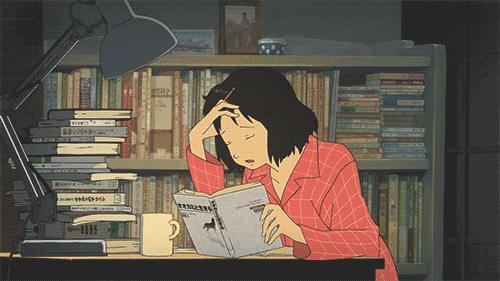
1. Conditioning makes people feel sleepy
Sleeping is originally a behavior that has nothing to do with reading, but it may be due to the establishment of a connection with irrelevant stimuli during study and work, and the formation of corresponding conditioned reflexes.
For example, from the time I was a student, there would be a lot of fatigue but I still have to read books. When I pick up the book, I can’t resist the attack of fatigue. I want to throw the book to sleep, but I feel that I can’t do it and I can barely support it…
This repeated behavior, even more than ten years of behavior, has linked reading and sleeping, two unrelated activities. After continuous strengthening, this connection has become fixed gradually.
Of course, some people may form such inhibitory conditioned reflexes because they are disgusted with learning.
2. Maybe the brain is protecting you
Although the brain is not heavy, it is a big energy consumer. Reading is a behavior that needs to fully mobilize the brain: to recognize with the eyes, but also to mobilize memory, and possibly thinking. As long as you keep reading, your brain will keep running.
Coupled with the small emotions of wanting to play with mobile phones, watching TV, etc., it will further increase the consumption of the brain.
The brain will produce physiological instructions that require rest after a long and large amount of operation. In fact, because the brain is afraid that you are too tired, it will make you sleepier and sleepier and urge you to rest.
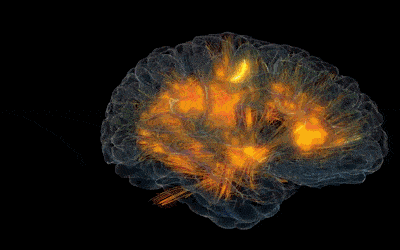
3. Not interested in the content of the book
Cognitive science has found that most people are less efficient at “information conversion” for books that are not so fluent in language organization. For example, when reading an obscure classical Chinese text, the latter is more likely to be compared with a novel of interest. Understand that information is easier to convert, and drowsiness basically does not happen.
Therefore, the degree of difficulty of interest and content will also determine whether you are sleepy.
6 things to do well to get rid of sleepiness
How can I avoid getting sleepy while reading? Where do I want to start reading? You can try the following methods to cultivate reading habits gradually .
First choose the book you are interested in
You can start with your interests, such as novels, stories, pictorials and other easy reading materials, and turn reading into something you want to do.
The selection of books can be selected according to 3 levels. Take history books as an example:
The first level is for professionals, such as The General History of the World, etc. These books are rich in knowledge, but relatively boring.
The second level is for ordinary people who like history. Through the development and change of things or characters, history can be interpreted personally, such as Napoleon, Lincoln and so on.
The third level is for people who like fun and want to understand history, such as History of the West.
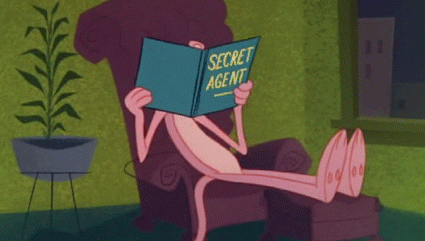
Learn to use fragmented time
People who are busy at work can use the fragmented time to persevere in the habit of reading like eating and sleeping. No matter how busy they are, they will take a little time to read. Over time, reading will become an inseparable part of life.
In addition, in the process of reading and studying, you can also write down the knowledge that you don’t remember well on paper, and take it out when you have time, which is also a manifestation of the use of fragmented time.
Share reading experience
Sharing experience with others after reading will double the sense of accomplishment and happiness. The process of sharing is not only the second dissemination of knowledge, but also a manifestation of self-worth. In the communication and discussion with others, the interest in reading will be stimulated again and become the source of motivation for one’s willingness to read.
Use both hands and brain to drive away sleepiness
If you can’t get rid of the habit of being sleepy as soon as you read a book, you can find a way to overcome it. This can deepen the memory and refresh the mind, killing two birds with one stone.
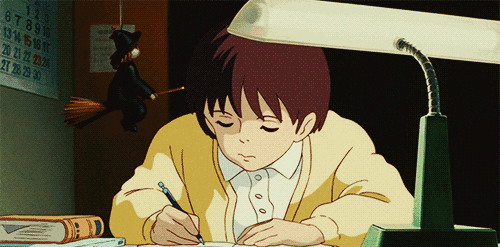
Choose to read when you are in good condition
The efficiency and status of reading books will be affected by many factors, such as personal physical state, mood, and surrounding environment.
Try not to read books at the following moments:
When tired and sleepy. When human activity exceeds the limit, the cerebral cortex automatically enters a state of inhibition. When you feel tired and sleepy, don’t forcefully support reading, especially don’t read all night.
Just after eating. After a person eats, the activity of the digestive system increases, and the blood flow of the brain is relatively reduced. The central nervous system mainly controls the digestive system, while other parts are in a state of inhibition. If you read a book at this time, the effect is poor.
Before going to bed. Some people are accustomed to reading in bed and using it as hypnosis. This habit is most likely to form inhibitory conditioned reflex. It is not advisable to read books with tension and excitement before going to bed, so as not to affect night sleep.
After strenuous activity or excessive emotions. The excitement and inhibition of the cerebral cortex nerves are mutually induced. After the excitement occurs, the inhibition will follow. Reading after strenuous activity or emotional agitation is easy to establish a connection with the inhibitory reaction.
Check in to motivate yourself
Punching the card every time you finish reading a book seems to have no direct effect, but if you insist on a daily basis, you can have a sense of control over your reading status, and reviewing this journey will be full of sense of accomplishment and increase your interest and confidence in reading.
4 things to do well in healthy reading
1. Choose a bright place for reading, such as a balcony where the sun is not glaring; use a desk lamp at night, and be careful not to block the light with your head or hands. The light bulb can choose eye protection lamp and incandescent lamp, and the light is relatively natural and soft.
Although fluorescent lamps have strong brightness, they hang high and have insufficient unit light intensity. Secondly, they will flicker continuously and stimulate the retina.
2. It is best to choose an e-book device that does not have a backlight, and the visual experience is similar to that of a paper book, which is less harmful to the eyes.
3. Blink more consciously when reading to prevent your eyes from drying out. Take a 15-minute break every 45 minutes of reading. You can stand by the window and look into the distance as much as possible to adjust the tension of the vitreous body.
4. Make sure that the writing is 30 centimeters away from your eyes when reading; if you are comfortable, you must also protect your spine.
It is best to sit upright, with your back straight and your chest slightly erect, and lift the book up. Reading while lying down can bend one leg and straighten the other leg. Change it every few minutes to avoid concentrating the body’s stress points on the pelvis or lumbar spine, causing muscle fatigue.
Comments